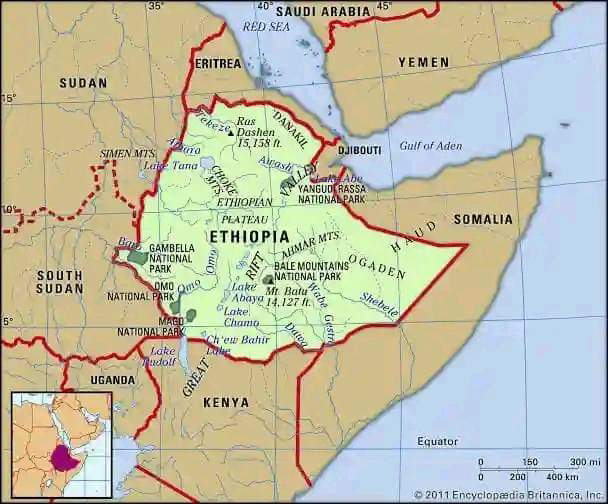2. Ethiopia is the only African country that was never formally colonized by a European power. Despite Italian attempts in the late 19th and early 20th centuries, Ethiopia successfully resisted colonization.
3. The country has its own unique calendar, which is roughly seven to eight years behind the Gregorian calendar. Ethiopia's New Year, known as Enkutatash, occurs in September.
4. Ethiopia is home to the largest population of livestock in Africa. Livestock, particularly cattle, plays a crucial role in the country's economy and culture.
5. Addis Ababa, the capital of Ethiopia, is the headquarters of the African Union. The city also hosts the United Nations Economic Commission for Africa.
6. Ethiopia is known for its diverse landscapes, ranging from the rugged Simien Mountains to the Danakil Depression, one of the hottest places on Earth.
7. The country is famous for its distinctive cuisine, which includes injera (a sourdough flatbread) and doro wat (spicy chicken stew). Ethiopian cuisine often involves communal eating from a shared platter.
8. Lalibela, a UNESCO World Heritage Site, is home to eleven medieval rock-hewn churches, carved out of solid rock in the 12th century. These churches are a testament to Ethiopia's rich architectural and religious history.
9. Ethiopia has its own script called Ge'ez, and it's one of the oldest alphabets still in use in the world. Amharic, the official language, is written in this script.
10. Lake Tana, the largest lake in Ethiopia, is the source of the Blue Nile River, one of the main tributaries of the Nile. The Blue Nile contributes significantly to the water supply of Egypt and Sudan.
#Ethiopia
#DataSpeaks











0 Comments